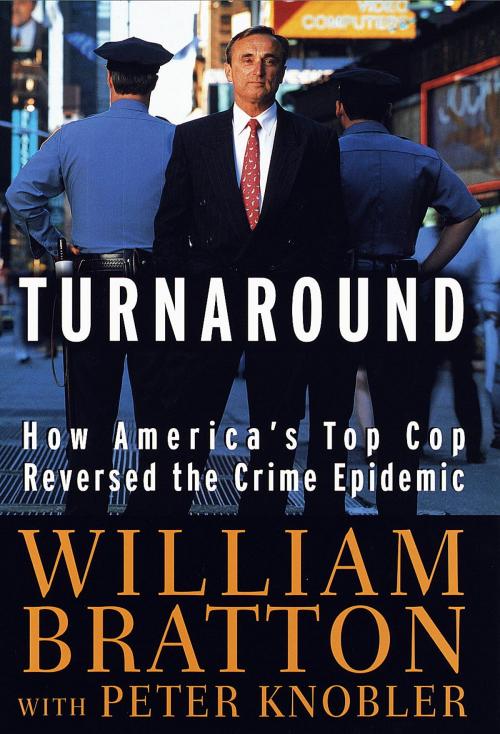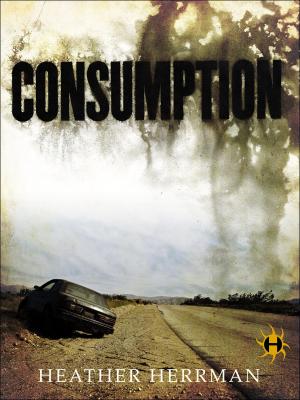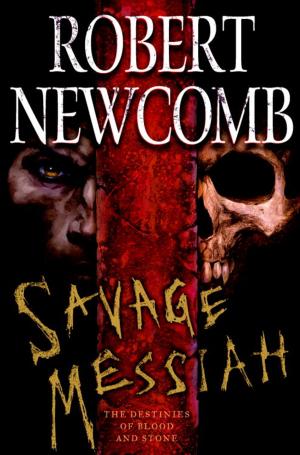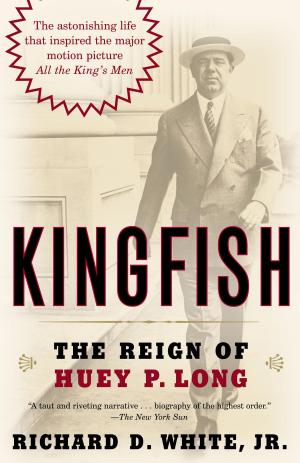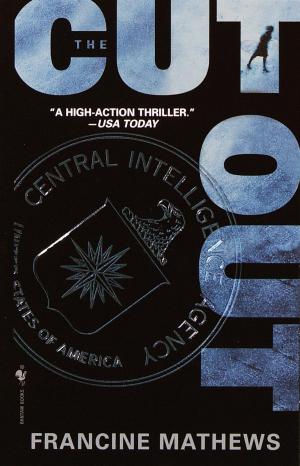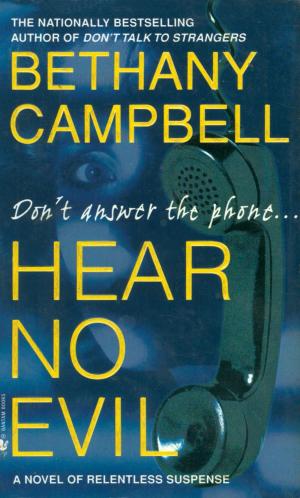| Author: | William Bratton, Peter Knobler | ISBN: | 9780307560841 |
| Publisher: | Random House Publishing Group | Publication: | March 4, 2009 |
| Imprint: | Random House | Language: | English |
| Author: | William Bratton, Peter Knobler |
| ISBN: | 9780307560841 |
| Publisher: | Random House Publishing Group |
| Publication: | March 4, 2009 |
| Imprint: | Random House |
| Language: | English |
When Bill Bratton was sworn in as New York City's police commissioner in 1994, he made what many considered a bold promise: The NYPD would fight crime in every borough...and win. It seemed foolhardy; even everybody knows you can't win the war on crime. But Bratton delivered. In an extraordinary twenty-seven months, serious crime in New York City went down by 33 percent, the murder rate was cut in half--and Bill Bratton was heralded as the most charismatic and respected law enforcement official in America.. In this outspoken account of his news-making career, Bratton reveals how his cutting-edge policing strategies brought about the historic reduction in crime.
Bratton's success made national news and landed him on the cover of Time. It also landed him in political hot water. Bratton earned such positive press that before he'd completed his first week on the job, the administration of New York's media-hungry mayor Rudolph Giuliani, threatened to fire him. Bratton gives a vivid, behind-the-scenes look at the sizzle and substance, and he pulls no punches describing the personalities who really run the city.
Bratton grew up in a working-class Boston neighborhood, always dreaming of being a cop. As a young officer under Robert di Grazia, Boston's progressive police commissioner, he got a ground-level view of real police reform and also saw what happens when an outspoken, dynamic, reform-minded police commissioner starts to outshine an ambitious mayor. He was soon in the forefront of the community policing movement and a rising star in the profession. Bratton had turned around four major police departments when he accepted the number one police job in America.
When Bratton arrived at the NYPD, New York's Finest were almost hiding; they had given up on preventing crime and were trying only to respond to it. Narcotics, Vice, Auto Theft, and the Gun Squads all worked banker's hours while the competition--the bad guys--worked around the clock. Bratton changed that. He brought talent to the top and instilled pride in the force; he listened to the people in the neighborhoods and to the cops on the street. Bratton and his "dream team" created Compstat, a combination of computer statistics analysis and an unwavering demand for accountability. Cops were called on the carpet, and crime began to drop. With Bratton on the job, New York City was turned around.
Today, New York's plummeting crime rate and improved quality of life remain a national success story. Bratton is directly responsible, and his strategies are being studied and implemented by police forces across the country and around the world. In Turnaround, Bratton shows how the war on crime can be won once and for all.
When Bill Bratton was sworn in as New York City's police commissioner in 1994, he made what many considered a bold promise: The NYPD would fight crime in every borough...and win. It seemed foolhardy; even everybody knows you can't win the war on crime. But Bratton delivered. In an extraordinary twenty-seven months, serious crime in New York City went down by 33 percent, the murder rate was cut in half--and Bill Bratton was heralded as the most charismatic and respected law enforcement official in America.. In this outspoken account of his news-making career, Bratton reveals how his cutting-edge policing strategies brought about the historic reduction in crime.
Bratton's success made national news and landed him on the cover of Time. It also landed him in political hot water. Bratton earned such positive press that before he'd completed his first week on the job, the administration of New York's media-hungry mayor Rudolph Giuliani, threatened to fire him. Bratton gives a vivid, behind-the-scenes look at the sizzle and substance, and he pulls no punches describing the personalities who really run the city.
Bratton grew up in a working-class Boston neighborhood, always dreaming of being a cop. As a young officer under Robert di Grazia, Boston's progressive police commissioner, he got a ground-level view of real police reform and also saw what happens when an outspoken, dynamic, reform-minded police commissioner starts to outshine an ambitious mayor. He was soon in the forefront of the community policing movement and a rising star in the profession. Bratton had turned around four major police departments when he accepted the number one police job in America.
When Bratton arrived at the NYPD, New York's Finest were almost hiding; they had given up on preventing crime and were trying only to respond to it. Narcotics, Vice, Auto Theft, and the Gun Squads all worked banker's hours while the competition--the bad guys--worked around the clock. Bratton changed that. He brought talent to the top and instilled pride in the force; he listened to the people in the neighborhoods and to the cops on the street. Bratton and his "dream team" created Compstat, a combination of computer statistics analysis and an unwavering demand for accountability. Cops were called on the carpet, and crime began to drop. With Bratton on the job, New York City was turned around.
Today, New York's plummeting crime rate and improved quality of life remain a national success story. Bratton is directly responsible, and his strategies are being studied and implemented by police forces across the country and around the world. In Turnaround, Bratton shows how the war on crime can be won once and for all.
